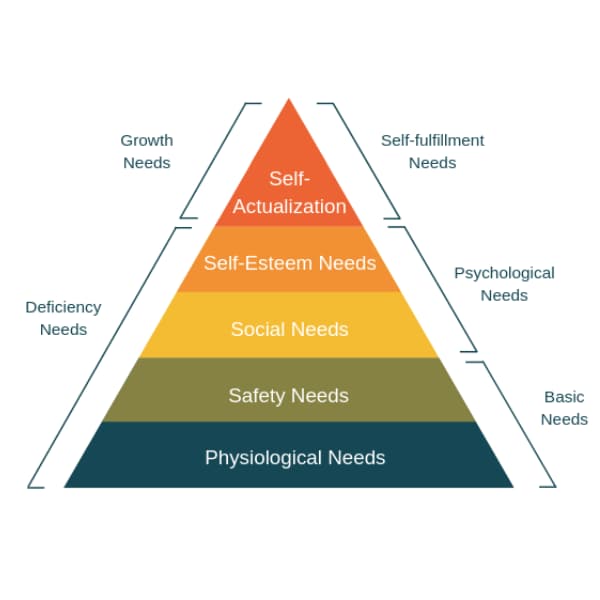The Impact of NVC on Economic Development

Informal new venture creation is based on entrepreneurship activity that is executed in the informal sector1. In this type of NVC, the motivation behind starting a business tends to be more of a necessity-driven activity. This kind of entrepreneurial activity is not based on innovation or creativity and does not lead to growth-orientated businesses. It does, however, provide informal entrepreneurs with a subsistence approach to “making a living” and “putting food on the table”. Formal NVC is more often focused on opportunities that are identified and leveraged in the formal sector, using innovation and technology to acquire a competitive advantage in the formal market. Informal new venture creation plays a significant role in microeconomics.2 There is, however, much less support available for informal entrepreneurs because funders are more interested in formal NVC. Entrepreneurs who operate in the formal sector can access investment and financial aid from banks and other financial organisations, whereas informal entrepreneurs are on their own. Regardless of whether the NVC is informal or formal, entrepreneurs need to acquire comprehensive information on how to start and operate a small business.3
New ventures play an important role in economic development by promoting innovation, creating employment opportunities, and increasing absorptive capacity.4 NVC is a vital commercial activity that impacts the growth of an economy through job creation, the development of value-added products, and tax contributions. It has a positive impact on the economy by addressing unemployment and poverty. It is responsible for boosting productivity and efficiently utilising resources to lower costs and reduce wastage. Entrepreneurship can be grouped into various themes based on its relationship with economic development, where the most common theme is the impact entrepreneurship has on economic development.5 The literature demonstrates an empirical relationship between measures of entrepreneurship and measures of economic development whereby entrepreneurship has a direct impact on economic development.
1Ligthelm (2013), 2 Wiltbank (2005), 3 Neck, Meyer, Cohen and Corbett (2004), 4Hsu (2006), 5Naudé (2011)







Responses